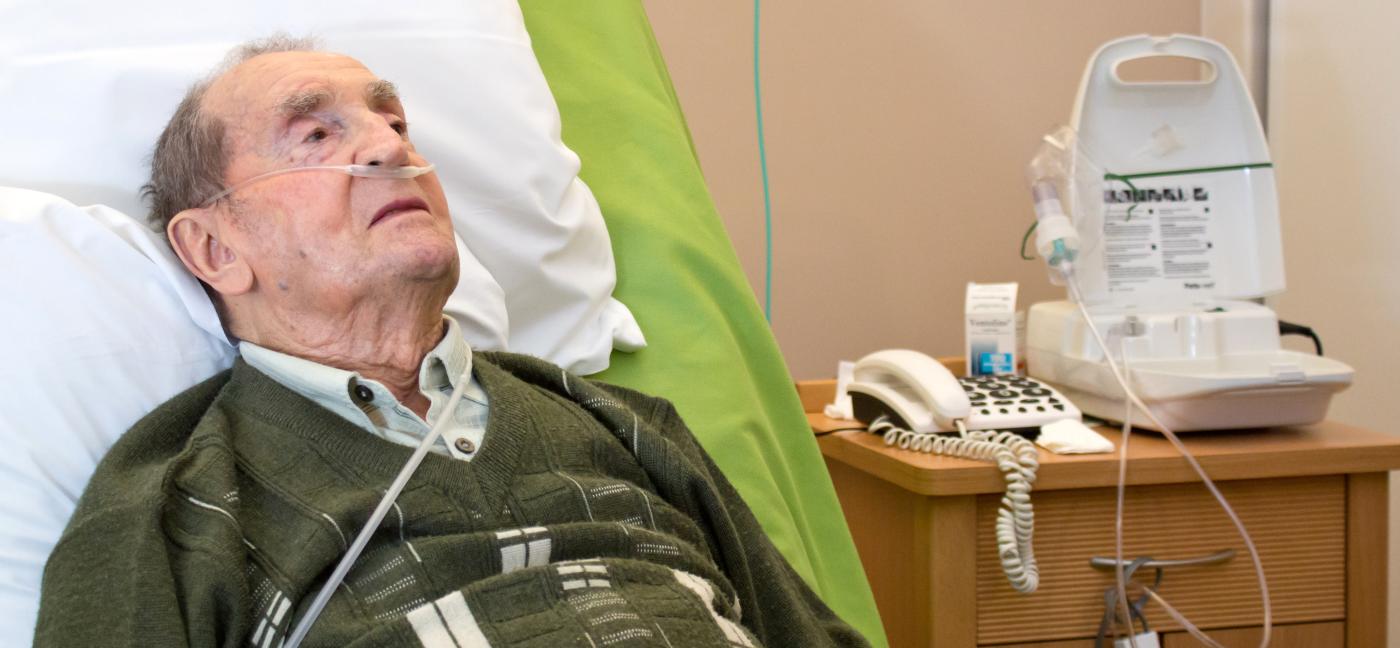Overview
Annual incidence of deaths is the single most important indicator of palliative care need in the population. Historically palliative care has been associated with cancer or those in the last few weeks or days of life. It is estimated that in high-income countries, up to 80% of people who died may have benefited from palliative care much earlier in their illness. Late palliative care is a missed opportunity to improve the quality of life for those with progressive conditions and their caregivers. There are examples of clinical tools to support the early identification of those who would benefit from a palliative care approach, such as the Supportive Palliative Care Indicators Tool (SPICT).
Project Details
This feasibility study is using an established computerized application based on SPICT, in primary care GP Clinical systems. This pilot aims to collect both quantitative and qualitative information. Data analysis and action research through Cooperative Inquiry will be the methods used to test the feasibility of AnticiPaL to improve the identification of people with dementia who would benefit from palliative care in a general practice setting in Northern Ireland. This pilot will assess service providers’ utilization of AnticiPaL in general practice and will also explore the feasibility of obtaining patient-level data from 20 general practices (n~100,000 records).



